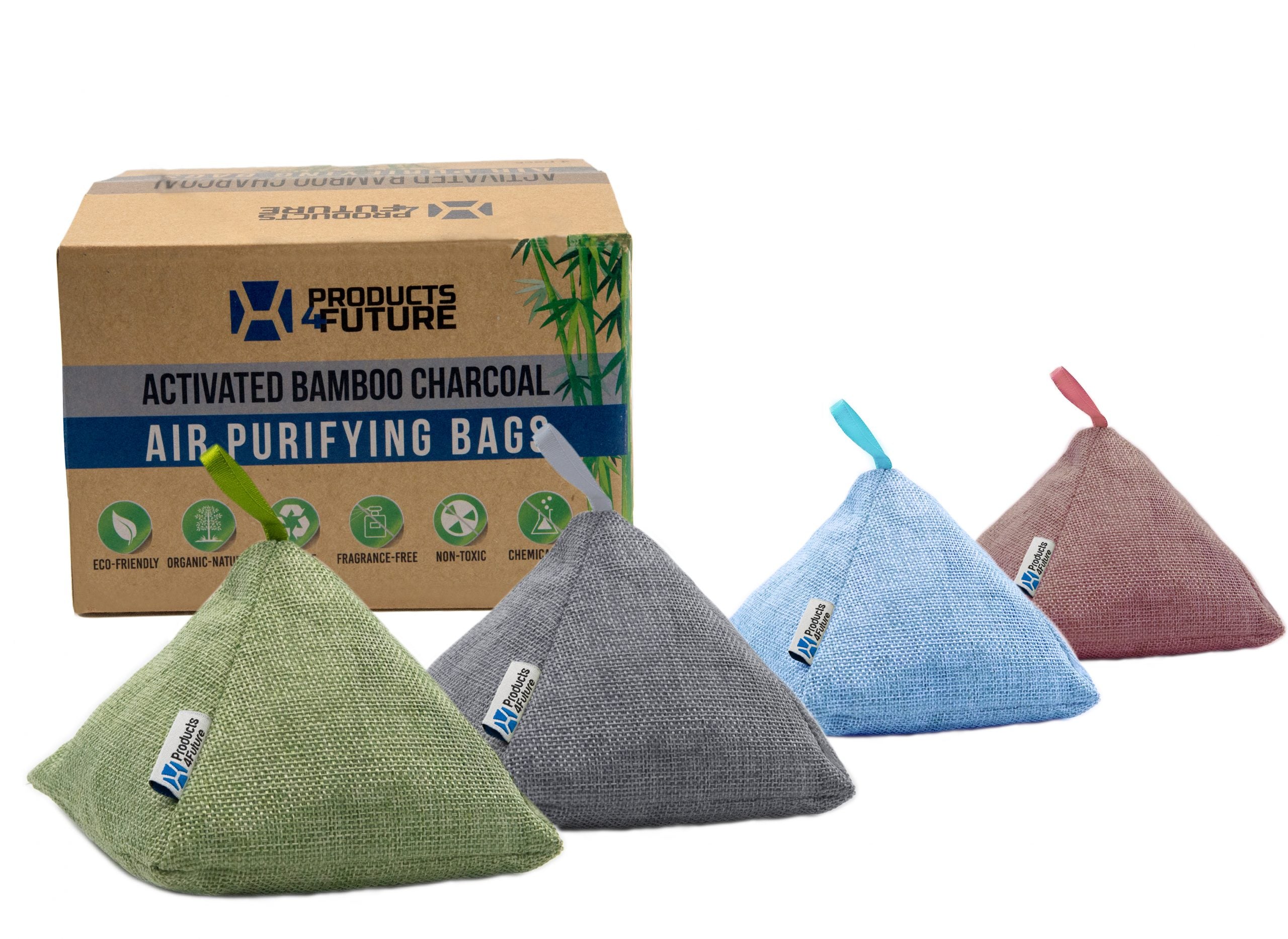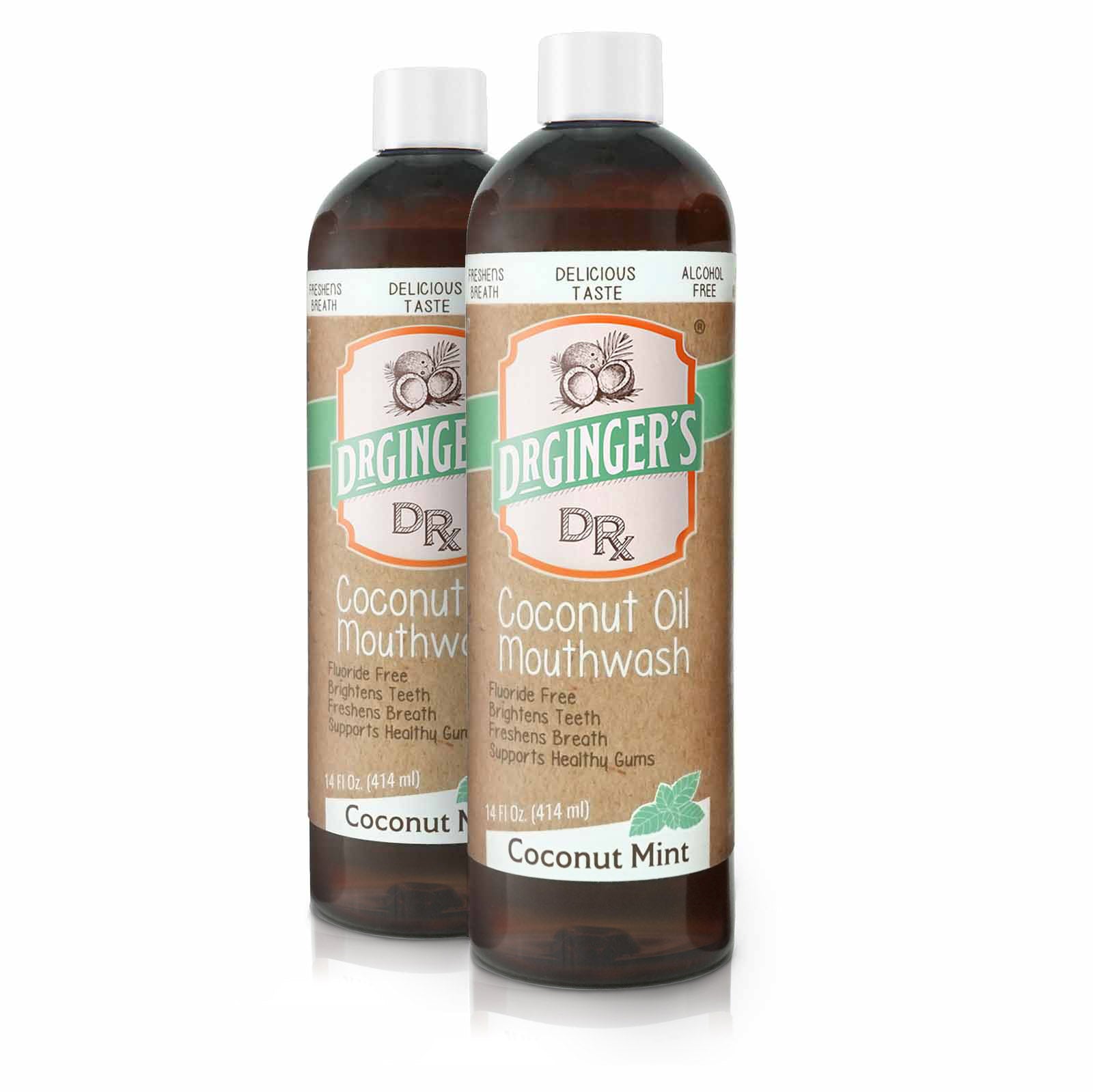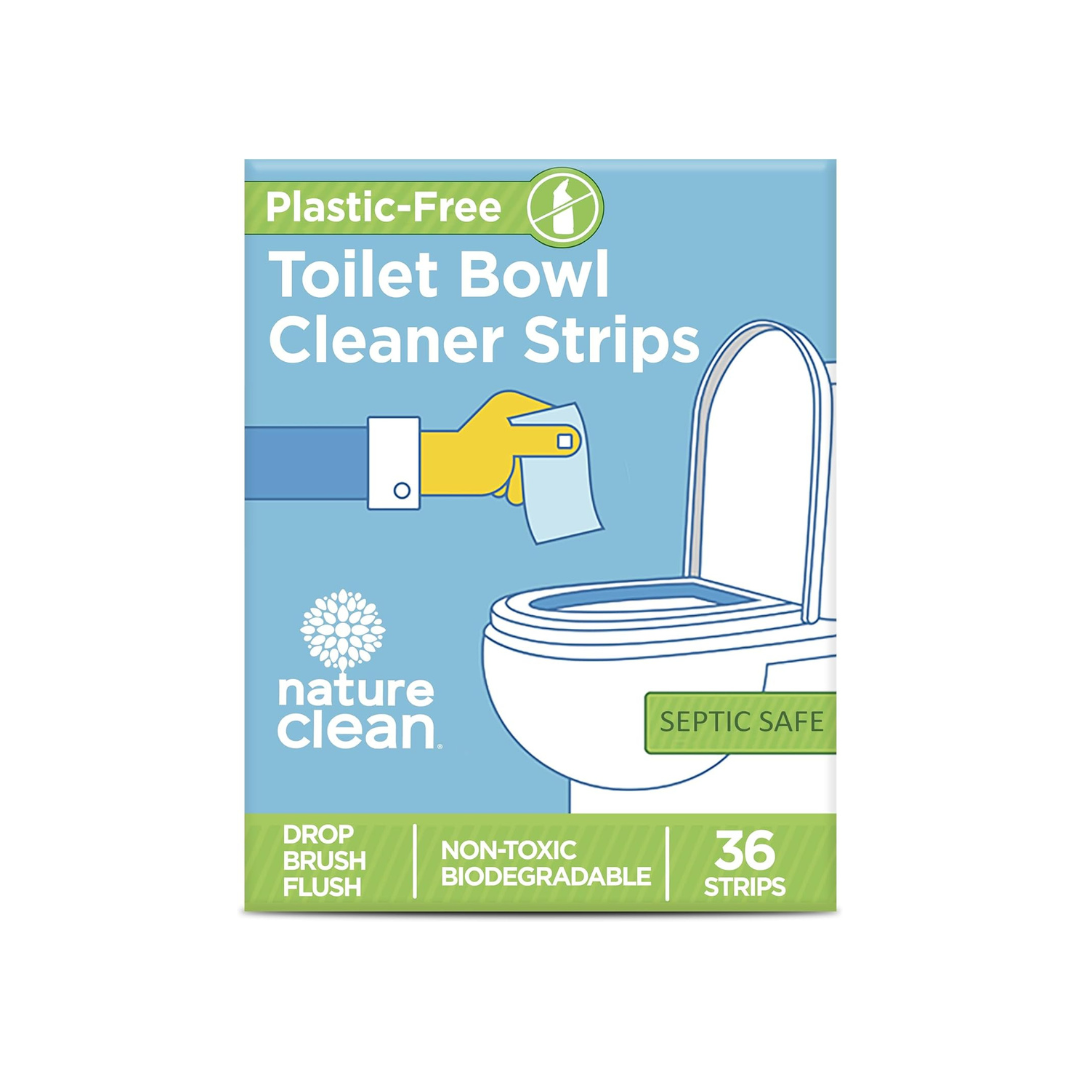It’s crucial to recognize the significant role that sustainability plays in family settings. Embracing an eco-friendly lifestyle is not just about protecting the environment; it's about setting a foundation for our children's future, ensuring they inherit a world that is healthy, vibrant, and abundant.
For many families, the concept of sustainability might seem overwhelming or like it requires drastic changes to their daily lives. However, it's important to realize that sustainability is not just about big gestures; it's also about the values we impart to our children, such as responsibility, conservation, and empathy for the planet.
By integrating sustainable practices into our family routines, we not only contribute to environmental health but also teach our children the importance of taking care of their surroundings. This education helps them grow into conscientious adults who can make informed decisions about their impact on the world.
How Families Can Have a Big Impact on the Environment
One of the most empowering aspects of adopting a sustainable lifestyle is realizing that even small changes can lead to significant environmental benefits. For instance, switching to reusable water bottles, reducing energy usage by turning off lights when not in use, or implementing a recycling system at home can collectively make a substantial difference. These actions, when multiplied by the number of families practicing them, contribute to a large-scale positive impact on our planet.
Moreover, incorporating sustainable practices like these can also lead to other benefits such as cost savings on utility bills and fostering a sense of teamwork and purpose within the family. When each family member understands their role in this larger mission, it strengthens bonds and enhances the collective commitment to a healthier lifestyle.
In the subsequent sections of this guide, we will explore practical ways families can integrate sustainability into various aspects of their daily lives, from eco-friendly home adjustments to green transportation options and sustainable schooling. Each step taken is a step towards a more sustainable and promising future for our children and the generations to come.
Join us as we navigate the rewarding journey of sustainable living for families, where every small change contributes to a major difference in the world we all share.
Creating a Sustainable Home
Transforming your home into a sustainable haven not only benefits the planet but also enriches your family life. By focusing on energy efficiency, choosing sustainable materials, and reducing water usage, you can create a living space that reflects your commitment to the environment. Here's how you can get started:
Energy Efficiency Tips for Families
Energy efficiency is one of the easiest ways for families to contribute to sustainability while also reducing their utility bills. Consider these simple yet effective strategies:
Use LED Lighting: Replace traditional incandescent bulbs with LED lights, which use at least 75% less energy and last 25 times longer.
Smart Thermostats: Install a smart thermostat to better control heating and cooling in your home. These devices learn your family's habits and adjust the temperature accordingly to save energy.
Seal and Insulate: Enhance your home’s insulation and seal leaks around doors and windows to prevent heat loss, which can significantly reduce heating and cooling costs.
Energy-Efficient Appliances: When it's time to replace appliances, choose energy-efficient models that are marked with the ENERGY STAR label to ensure they consume less electricity.
Choosing Sustainable Building Materials and Furniture
Selecting the right materials and furniture can make your home more environmentally friendly:
Sustainable Materials: Opt for renewable materials like bamboo, cork, and reclaimed wood for construction and home decor. These materials are not only durable but also have a lower environmental footprint.
Eco-Friendly Furniture: Purchase furniture made from recycled or sustainably sourced materials. Look for certifications like FSC (Forest Stewardship Council) to ensure the wood has been harvested responsibly.
Low-VOC Products: Choose paints and finishes that are low in Volatile Organic Compounds (VOCs) to maintain better indoor air quality for your family’s health.
Reducing Water Usage with Simple Home Adjustments
Water conservation is crucial for sustainability. Implement these easy fixes to reduce your household's water consumption:
Low-Flow Fixtures: Install low-flow showerheads and faucets to reduce water usage without sacrificing performance. These fixtures can cut water flow by up to 50%.
Dual-Flush Toilets: Consider upgrading to dual-flush toilets that allow you to choose a lower water volume flush for liquid waste, significantly lowering water usage.
Rain Barrels: Collect rainwater in barrels to water your garden and lawn, which not only cuts down on water use but also reduces your water bill.
Fix Leaks: Regularly check for and fix any leaks in your plumbing system. A leaky faucet or running toilet can waste a significant amount of water over time.
Creating a sustainable home is a practical way to demonstrate the values of environmental stewardship to your children while making your living space more energy-efficient, healthier, and environmentally friendly. Each small step toward sustainability in the home is a leap toward a better planet.
Eco-Friendly Family Routines
Eco-friendly family routines are vital for instilling sustainable habits in children, such as conserving energy, recycling, and using reusable products. These practices teach responsibility and the environmental impact of their actions. Activities like gardening or composting provide practical learning about nature's cycles. Additionally, sustainable meal planning, using locally sourced and organic produce, reduces carbon footprints and supports local farmers. It also minimizes food waste.
Switching to green cleaning products, like those made from vinegar, baking soda, and lemon, eliminates exposure to harmful chemicals, ensuring a safer and environmentally friendly home. These adjustments in daily routines contribute significantly to a sustainable lifestyle and set a positive example for children.
Sustainable Transportation Options for Families
For families looking to embrace a greener lifestyle, choosing sustainable transportation options presents a significant opportunity to lessen their environmental impact. Engaging in simple practices like walking, biking, or carpooling not only helps in reducing greenhouse gas emissions but also offers health benefits and the chance to foster closer community ties. For longer distances, investing in eco-friendly vehicles such as electric or hybrid models can dramatically decrease a family's carbon footprint, making daily commutes more sustainable.
Moreover, incorporating public transportation into family outings can be both cost-effective and environmentally beneficial, as it reduces the reliance on individual car use and cuts back on traffic congestion and pollution. By adopting these varied transportation strategies, families can actively participate in environmental conservation, all while enjoying added health benefits and making the most of their time together.
Eco-Conscious Shopping and Consumption
Eco-conscious shopping and consumption are vital for promoting sustainability within families. Opting for sustainable clothing and toys, such as those made from organic or recycled materials, can significantly reduce environmental impact. Educating children about the consequences of their consumer choices is also crucial, as it helps them understand the long-term effects of their purchases on the planet.
Additionally, families can adopt practices like reducing waste by choosing products with minimal packaging, reusing items when possible, and recycling effectively. These habits not only contribute to a healthier environment but also instill responsible consumption patterns in children, preparing them to make eco-friendly choices independently in the future.
Fun and Educational Outdoor Activities for Families
Engaging with nature offers numerous benefits for families, providing both fun and educational opportunities. Participating in outdoor activities such as hiking, bird watching, or nature scavenger hunts can be enjoyable and enriching for all ages, fostering a deeper appreciation for the environment. Gardening with children is particularly impactful, as it teaches them about sustainable food production and the importance of caring for the earth. Through planting and tending to a garden, children learn valuable skills and the joys of growing their own food.
Additionally, these activities help families understand the critical role of biodiversity and how they can contribute to its protection. By actively participating in conservation efforts and educating themselves about local wildlife, families can play a significant role in preserving the natural world for future generations.
Conclusion
Incorporating sustainable practices into family life is not just beneficial for the environment but also enriching for personal growth and family bonding. By engaging in eco-conscious activities, from gardening to understanding biodiversity, families can make significant contributions to environmental conservation while instilling lifelong values in younger generations.
Take the first step towards a more sustainable future by exploring an array of eco-friendly products and resources at Flora. For more insightful tips and inspiring stories on living sustainably with your family, visit Flora Blog. Together, we can create a healthier planet for ourselves and future generations.






































